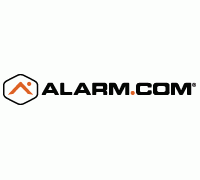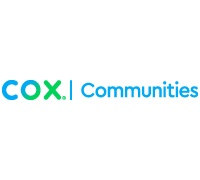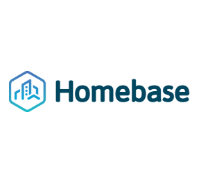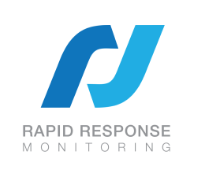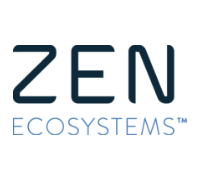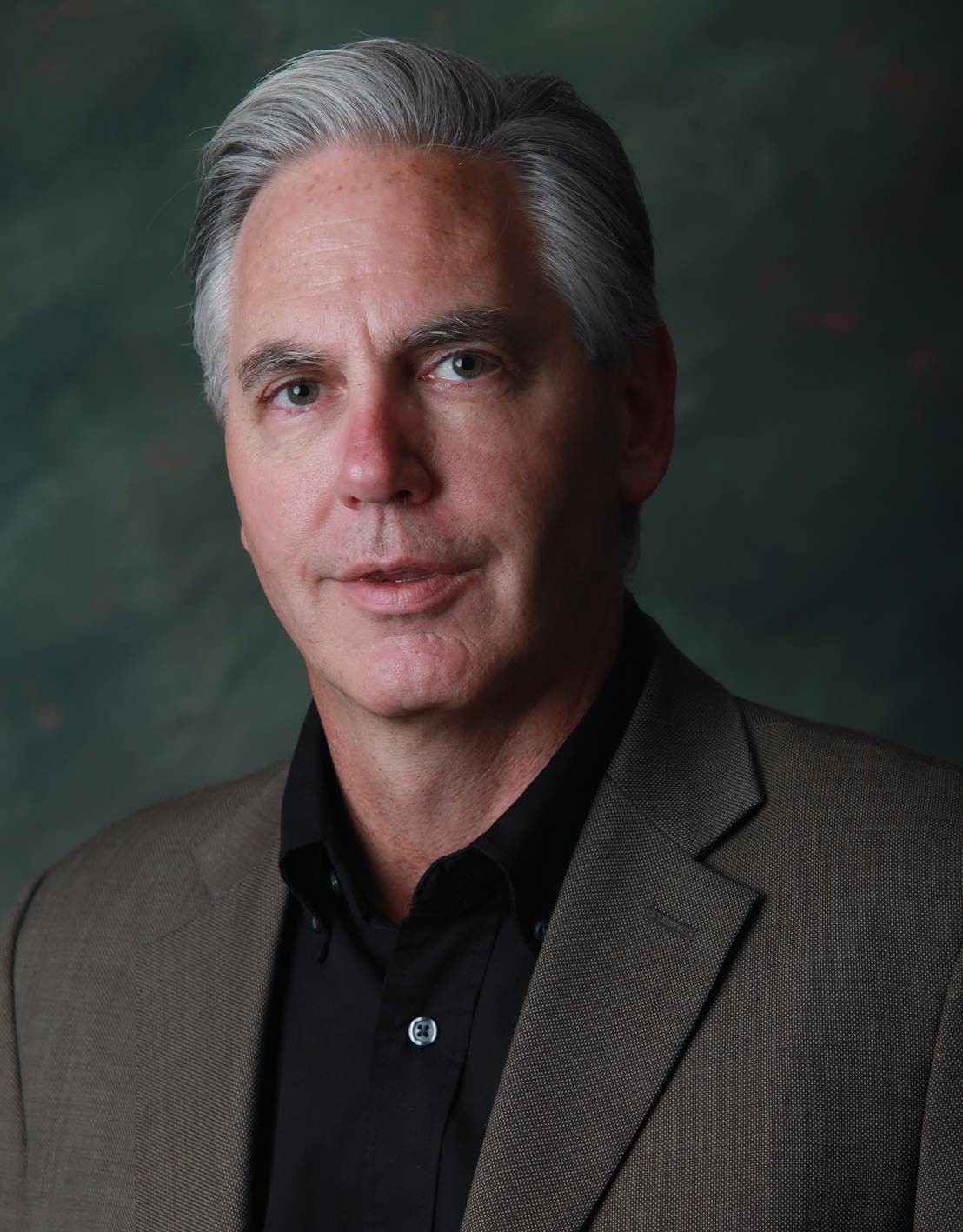 Barry Haaser, Managing Director for the OpenADR Alliance and President at Lakeview Group, answers several industry questions about issues that are currently affecting the energy management market:
Barry Haaser, Managing Director for the OpenADR Alliance and President at Lakeview Group, answers several industry questions about issues that are currently affecting the energy management market:
What do you think is the most challenging issue for your company as it relates to the residential energy management market?
The most challenging issue for the OpenADR Alliance involves development of automated demand response (ADR) programs by utilities based on the OpenADR standard. We are seeing growing interest from utilities in using OpenADR for communicating price and event signals to smart, communicating thermostats. Since most of the communication of the OpenADR message is from the utility demand response management server and the thermostat providers cloud server, it is possible to connect a wide range of thermostats to the system. Best of all, pre-installed communicating thermostats can participate in ADR programs, if the cloud servers have been certified to receive OpenADR messages.
What are the major challenges that your business must address in 2015? in 2020?
The major challenges in 2015 involve further utility engagement, international expansion in Europe and Asia, and getting more certified products available to support utility ADR programs.
What are the major barriers impacting consumer adoption of energy related products and services?
The big issue concerns the plethora of proprietary systems and lack of a widely accepted standard. Consumers basically have to select a platform or service provider. They can only purchase products from that constrained ecosystem. The other issue concerns the price of energy. It is expensive in California and inexpensive in the Midwest. Cheap energy will delay consumer adoption of energy related products and services.
What are the biggest opportunities for the smart home industry to work with the electricity industry?
Energy is an enabler for smart home products, applications and services. Low hanging fruit is with thermostats today. As utilities implement more dynamic pricing programs then there will be a greater need to manage other energy consuming devices in the home.
What impact will smart products and smart home services have on consumer adoption of energy solutions?
As more and more consumers subscribe to smart home services they begin to realize there are other things they can easily add to the system, like thermostats. Likewise, for those purchasing smart thermostats, will tap into the ecosystem supporting that particular platform and purchase other smart products. We are already seeing impressive sales of smart thermostats, so we know that consumers are willing to spend more for smart products. We will probably see the next wave of smart products emerge in the form of multi-protocol gateways to allow use of different brands and technologies together in a single, unified system. Following that will likely be EVSEs and smart appliances.
Barry Haaser will be speaking on the panel “Standards and Interoperability: The Foundation for a Consumer-focused Market” at 2:30 PM at the Smart Energy Summit in Austin, TX, February 18, 2015. Other panel speakers include representatives from Thread Group and USNAP Alliance.
For more information on Smart Energy Summit speakers, sessions, or topics, visit www.ses2015.com. Registration is still available!
Next: Connected Home Device Market Potential “Remarkable”: Insights from Thread Group
Previous: Changing the Way Consumers View Energy Management: Insights from People Power’s Gene Wang




 Barry Haaser, Managing Director for the OpenADR Alliance and President at Lakeview Group, answers several industry questions about issues that are currently affecting the energy management market:
Barry Haaser, Managing Director for the OpenADR Alliance and President at Lakeview Group, answers several industry questions about issues that are currently affecting the energy management market:

